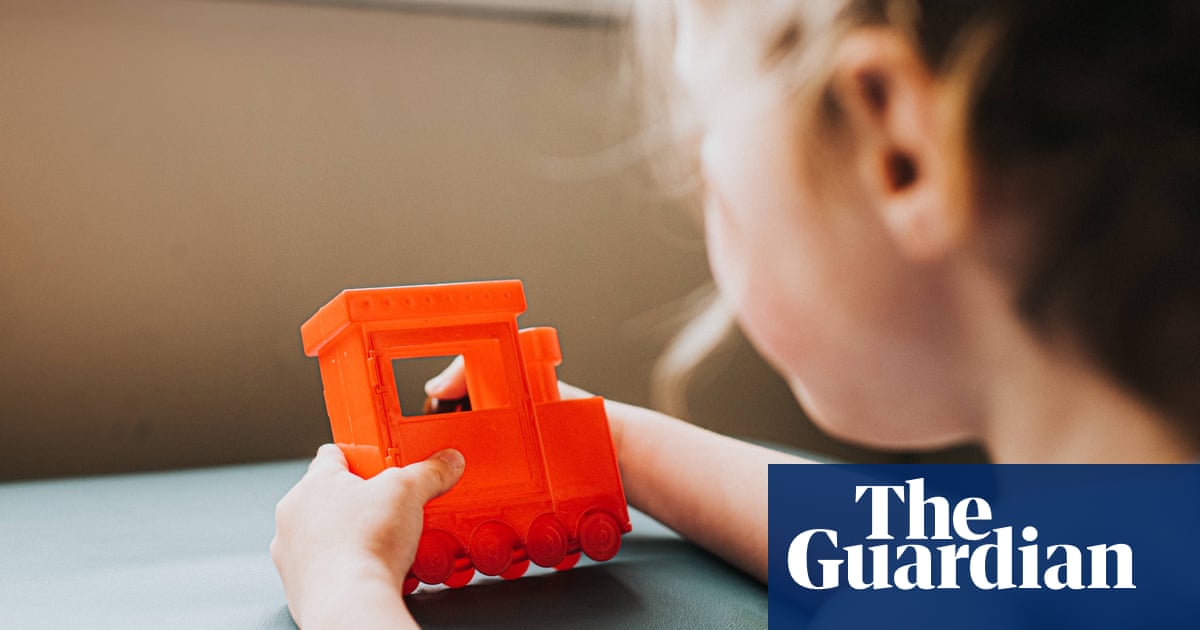- cross-posted to:
- worldnewsnonus@lemy.lol
- cross-posted to:
- worldnewsnonus@lemy.lol
Studies find red, blue and green plastic decomposes into microplastic particles faster than plainer colours
Retailers are being urged to stop making everyday products such as drinks bottles, outdoor furniture and toys out of brightly coloured plastic after researchers found it degrades into microplastics faster than plainer colours.
Red, blue and green plastic became “very brittle and fragmented”, while black, white and silver samples were “largely unaffected” over a three-year period, according to the findings of the University of Leicester-led project.
The scale of environmental pollution caused by plastic waste means that microplastics, or tiny plastic particles, are everywhere. Indeed, they were recently found in human testicles, with scientists suggesting a possible link to declining sperm counts in men.



If discarded plastic litter was being picked up enough for that to matter maybe…
They’re definitely isn’t enough of it being picked up, but I would be curious to see the ratio of brightly colored plastic to not brightly colored plastic in what has been picked up.
If more brightly colored plastic is being picked up then we could increase the amount of plastic that is being picked up by switching to annoying colors.
Every little bit helps, even if it’s just 1% more.
Good luck getting that to happen.
You’re getting almost as jaded as I am. Welcome to the club! We have punch but it’s bitter like our hearts